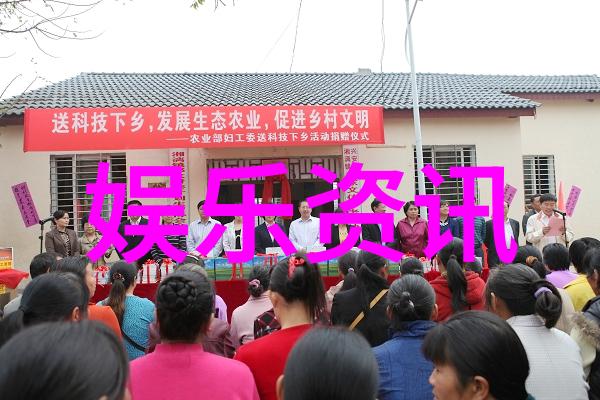娱乐场所管理条例的实用性与挑战
娱乐场所是城市文化生活的一部分,它们不仅为人们提供了休闲娱乐的空间,也是社会交往和文化交流的重要场所。然而,随着娱乐场所数量的增加,相关管理问题也日益突出。为了规范和优化这类公共服务设施,政府通过制定“娱乐场所管理条例”来确保其合法经营、安全运行,并保护消费者权益。

规范经营行为
entertainment places management regulations provide a legal framework for the operation of such businesses, clearly outlining what is and isn't allowed. This includes rules around opening hours, noise levels, and the types of activities that can be conducted on premises. For example, some areas may have specific restrictions on late-night venues or those that serve alcohol.

保障消费者权益
the regulations also aim to protect consumers by setting standards for services provided within entertainment establishments. This includes ensuring that staff are properly trained to handle situations like over-intoxication or fights between patrons. Additionally, there must be adequate security measures in place to prevent theft or other criminal activity.

提高食品卫生标准
in addition to protecting patrons from harm caused by other factors, these regulations also require entertainment venues that serve food and drink to meet certain health and safety standards. This ensures that customers enjoy their meals in a clean environment with minimal risk of illness.

控制烟草与酒精使用
many countries have implemented strict controls on smoking in public places as part of efforts to reduce smoking rates and improve overall public health.the same principle applies to alcohol consumption: many jurisdictions limit the number of drinks an establishment can sell per patron per day.

5. 促进公众参与与监督
to ensure compliance with these regulations, there are various mechanisms put into place for members of the public who wish to report violations or participate in inspections.the goal is not only enforcement but also transparency so people feel comfortable holding authorities accountable when necessary.
6. 面对挑战:实施难度与成本效益分析
while having clear guidelines in place helps maintain order within the industry, it's important not forget about practical challenges associated with enforcing them.some argue this legislation leads too much red tape while others believe its benefits outweigh costs; weighing pros against cons will help guide future policy decisions related this field.



